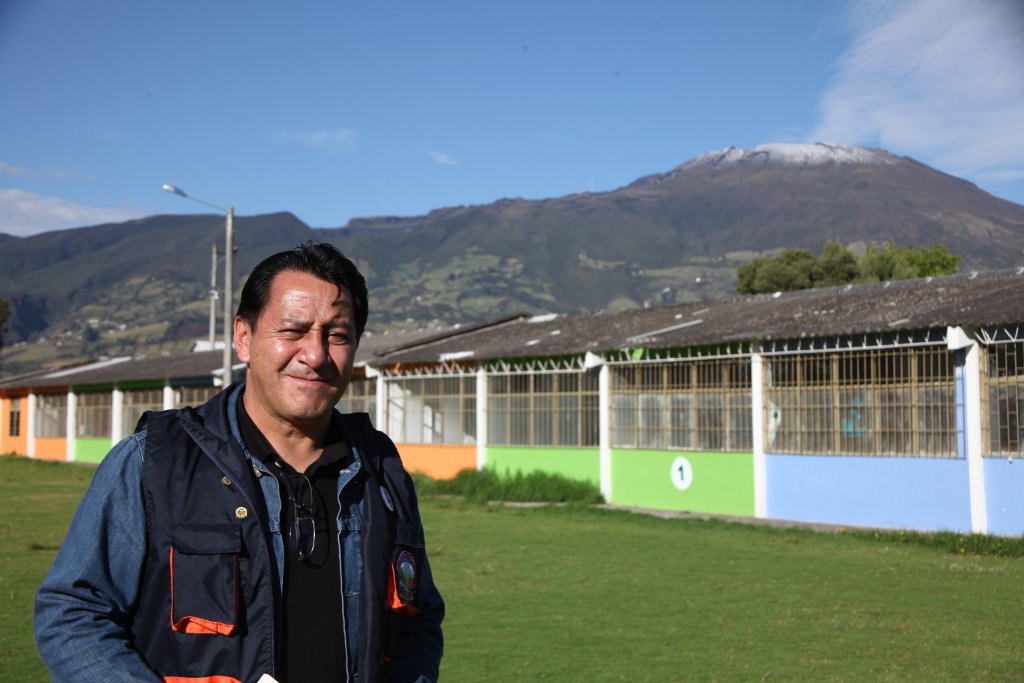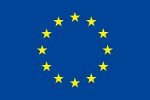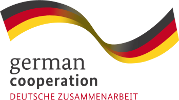Francisco Emilio Juajinoy is the principal at the Artemio Mendoza Carvajal school, in Pasto. During an interview, he talked to us about the challenges of reopening schools and the importance of new educational strategies such as La Aldea: Stories for a world in transition.
For Francisco Emilio Juajinoy, the principal at the Artemio Mendoza Carvajal school in Pasto, reopening has not been an easy process. For teachers, students and their families things have not been not easy either. Truth is, even after all the changes made to the school facilities to ensure health and safety, the main difficulty, according to the principal, remains the emotional component of such a radical change. During this interview, Francisco talks to us about these challenges and highlights the significance of having innovative education strategies such as La Aldea: Stories for a world in transition.
Click: ¿What does it take for a school community to meet again in the classroom? ¿What challenges are you facing during this process?
Francisco Emilio Juajinoy: Going back to in-person learning is very difficult. The pandemic showed us that things changed, so we have to change. We are living in a different society, with new rules that compel us to value life. But reopening school is much more than just ensuring health and safety conditions. This is a radical change that must me assumed from an emotional perspective as well.
Education is a deeply human process. But during the pandemic and the reopening of schools, this human component has reduced. We have forgotten the teacher and his or her emotions and fears; we have forgotten parents’ fear of sending kids back to school; we have forgotten children’s fear of being responsible for an infection; and we have forgotten the fear that we, as school administrators, feel when assuming such a big responsibility.
C: ¿Can an educational strategy such as La Aldea help in facing these difficulties?
FJ: With La Aldea we can immediately approach the emotions triggered by the return to school through a process that creates a culture of self-care and respect for others. These kind of strategies are precisely what we need to reconsider the traditional method of teaching. It’s a tool that encourages teachers to analyze the new reality and their students environment, and that help them carry out a new teaching-learning model.
We need new strategies like this one, because they allow us to modify the teaching process and be more flexible with teachers. We have to embolden teachers in any way we can so they feel safe and secure, not only through hand-washing, but by using teaching tools like La Aldea. Trough these tools they have been able to develop more creative, efficient and meaningful processes.
C: ¿Can La Aldea be an asset for imagining new ways of learning?
FJ: Education has to radically change! Otherwise, we would be ignoring all the transformations we are currently living in our world. Starting from their own knowledge and teaching practice, teachers need to do the same in a different way. They need to adopt a different outlook, one in which children can evaluate and think about their own lives, experiences and diverse contexts.
La Aldea’s contribution is precisely to transform educational strategies. With La Aldea we have changed the meaning of education, and the meaning of the teacher-student relation in the classroom.
C: ¿Can students learn in a different way through La Aldea universe?
FJ: Of course. With La Aldea, students feel part of a transformative educational process, where each of them has the chance to express themselves in a flexible environment, far from the rigid framework of the traditional student-teacher relation. They have the chance to learn in a way that is different, autonomous and fun.





